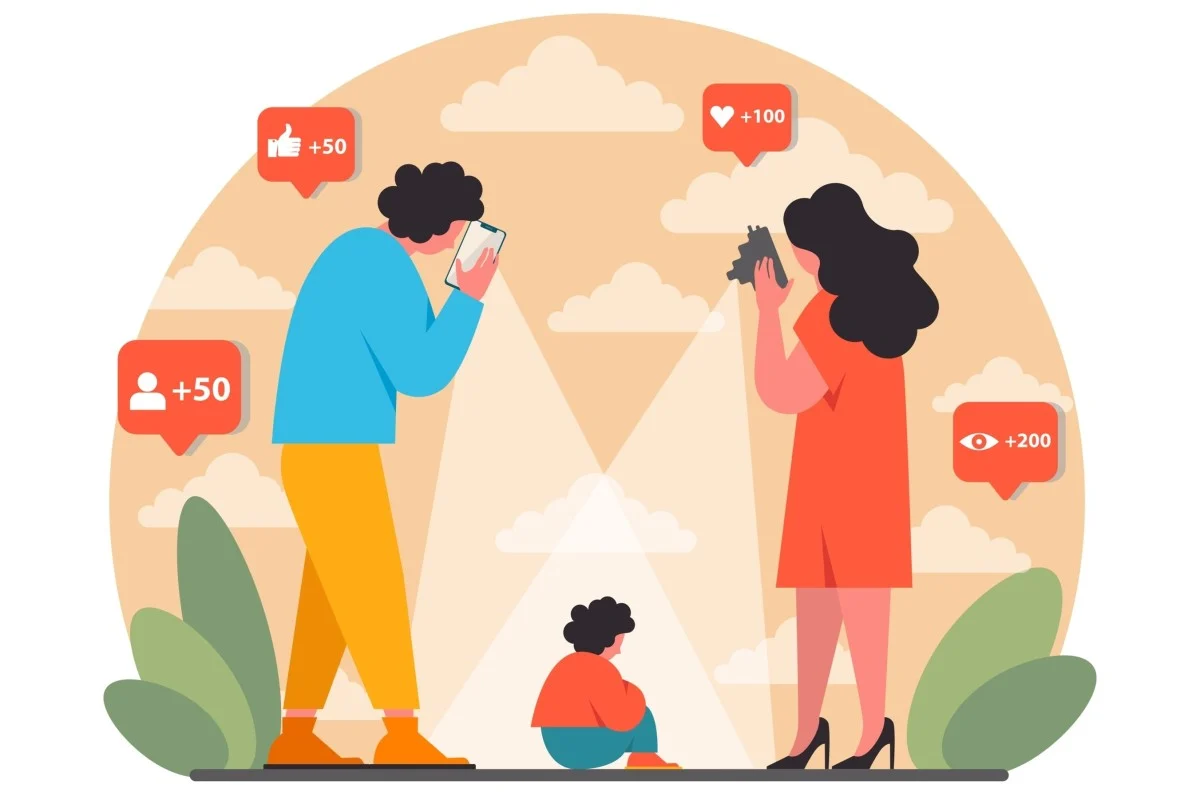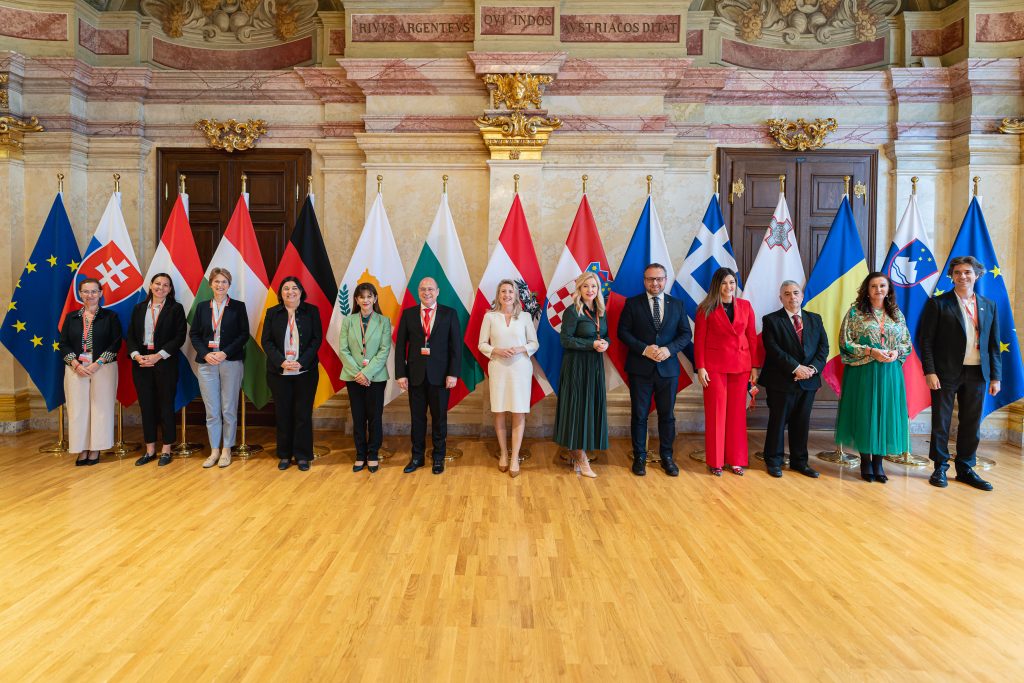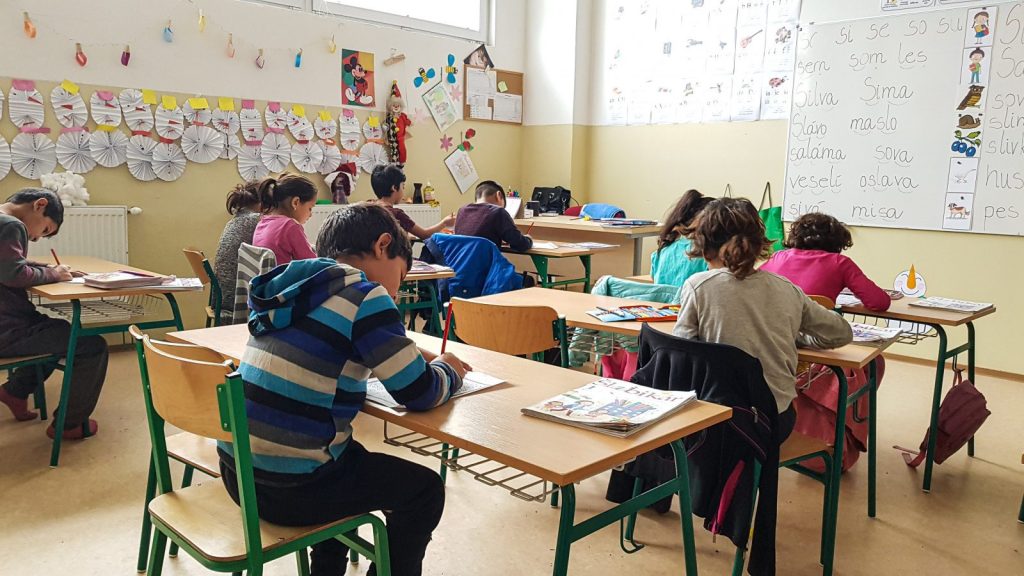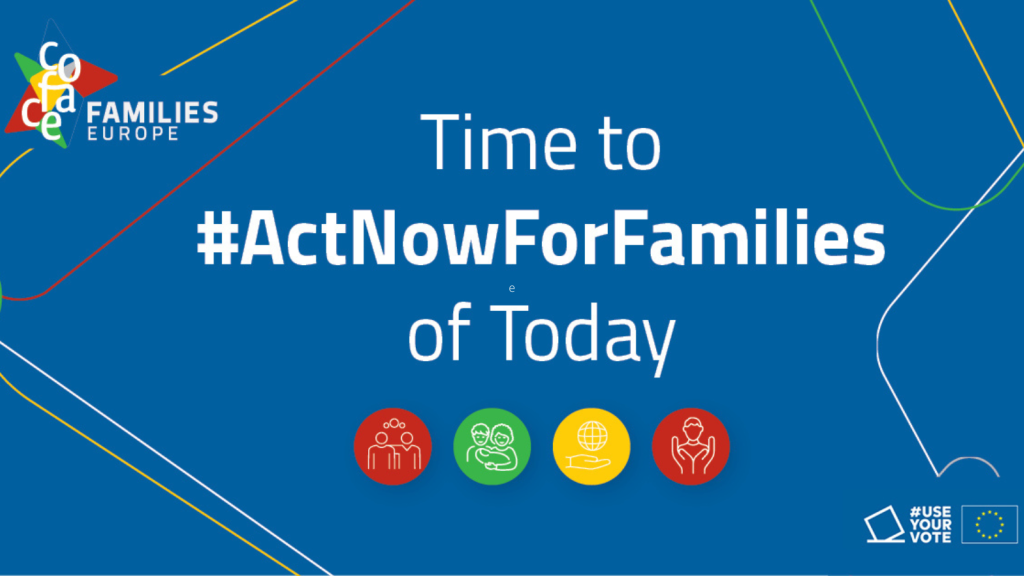We all have to admit that nowadays social media have become an integral part of our lives. Social media are used for many purposes and from all ages. People use them for professional reasons or just to share moments of their lives. Young people constitute a significant proportion of internet users. For example, in 2022, 96% of young people in the EU made daily use of the internet, compared with 84% for the whole population.[1] While technology is evolving so fast, children cannot be excluded from that massive usage. According to recent research, 38% of 9-12-year-olds in Europe use social networking sites, with one in five of the age group having a profile on Facebook, even though the network sets a minimum age of 13 to join.[2]
Children from an early age share their private moments on social media and interact with other people. But what occurs when their own parents share these moments on their accounts without kids’ consent?
Many would agree that since parents are responsible for the upbringing of their children, it is in their duties to determine on behalf of their children the conditions of surfing on the Internet, using social media platforms and playing online video games, because children, while being connected online, may enter dangerous situations. Cyberbullying, online sexual exploitation, online child grooming are some of the cybercrimes that are often conducted through social media platforms. So what happens when the parents themselves expose their children to these dangers through their actions such as sharing information about their children online under the veil of parenting?
This practice is known as ‘sharenting’. The notion of ‘sharenting’ comes from the combination of ‘sharing’ and ‘parenting’ and stands for the habitual use of social media platforms by parents to share news, personal details, photos, etc. of their children.[3] As a concept, it appeared around 2010 and became a trend as the use of social media grew rapidly. However, while in the first years, people were comfortable enough to share their private life, nowadays it has become a controversial phenomenon all over the world.[4]
On the one hand, there are those who believe that sharenting is a set of actions that serves as a simple way for parents to express their pride in their kids while also building an energetic online community where people can debate concerns related to childcare and parenting. On the other hand, opponents of such behaviours believe that posting information of one’s child on the Internet corresponds to a violation of their right to privacy and can potentially break the trust in the relationship between parent and child.
When considering the best interest of the child, it is clear to me that children’s privacy needs more dynamic protection. According to a report of the Children’s Commissioner of UK[5], statistics show that parents on average have already posted approximately 1.300 pictures of their children by the age of 13. It is indeed very worrying how often parents expose private moments of their kids online. Sharenting may be just a manifestation of parents’ pride, but they should be aware of the risks of children’s exposure online.
More specifically, children’s images and videos posted on the Internet cannot always be erased which leaves them with a digital footprint, even if parents decide to delete them from their personal social media profiles. But most importantly, it has been noticed that children whose pictures can be found online, are more vulnerable to becoming victims of digital threats, such as interception of their personal details. Through sharenting, parents may share important details of their children, such as names, dates of birth, address, school or extracurricular activities and preferences. These details, since they are available online, can be used by individuals for conducting criminal acts such as using pictures to create abusive images or theft of children’s identities.
Even if sharenting is legal when it does not exceed the boundaries of parenting, it is still unjust and intrusive towards children. It would not be surprising if children become upset because their parents post pictures without their permission. Children may get the impression that they have no control of their data. In my opinion, the vulnerability of children must be always taken into account, and it is imperative to protect children’s personal data offline and online.
About the author: Eirini Vlachopoulou was a former Policy and Communication Assistant at COFACE Families Europe. She holds a Master’s degree in International and European Law for which she wrote the master’s thesis: “Children’s Online Privacy Protection: International Legal Aspects”.
**DISCLAIMER: All opinions in this article reflect the views of the author, not of COFACE Families Europe**
[1] https://ec.europa.eu/eurostat/statistics-explained/index.php?title=Being_young_in_Europe_today_-_digital_world
[2] https://www.webwise.ie/news/eu-kids-online-report-on-social-networking-2/
[3] https://www.collinsdictionary.com/dictionary/english/sharenting
[4] Steinberg, Stacey (2016-03-08). Sharenting: Children’s Privacy in the Age of Social Media, p. 854
[5] Children’s Commissioner report, (2018) Who knows what about me?, p. 5





